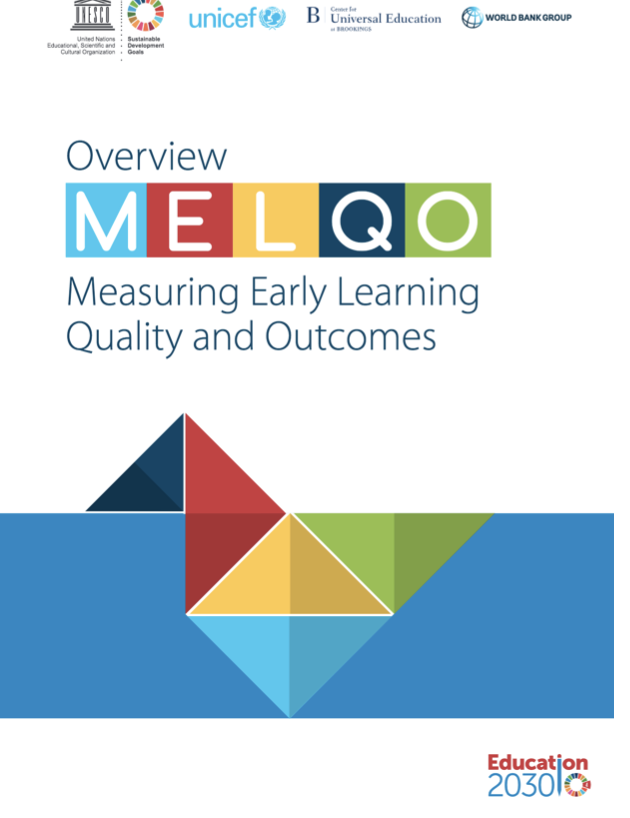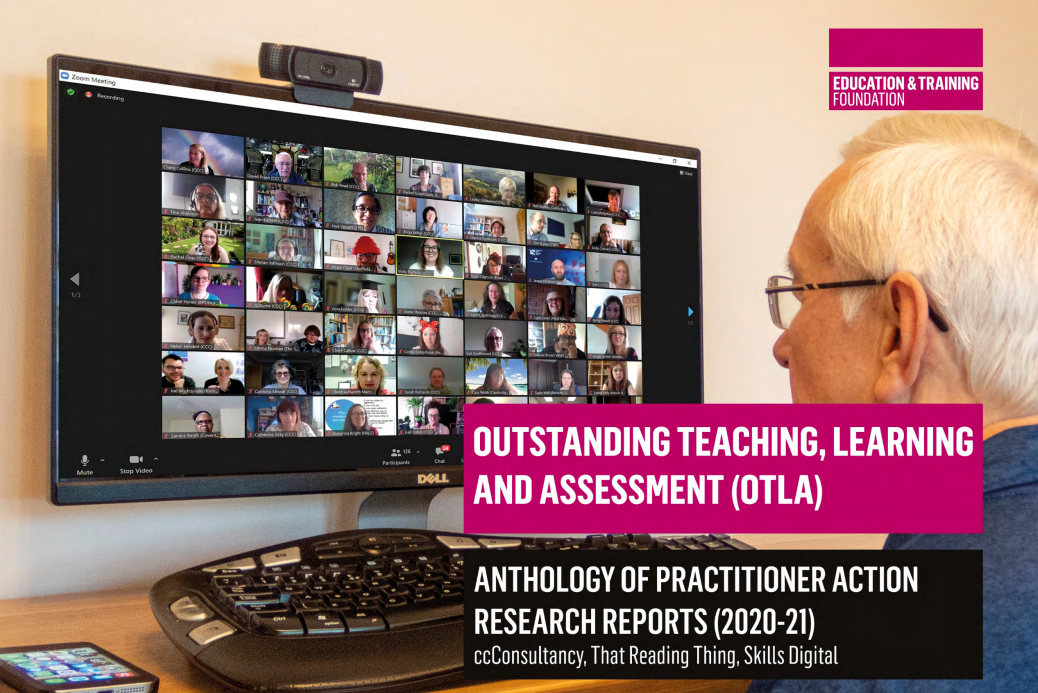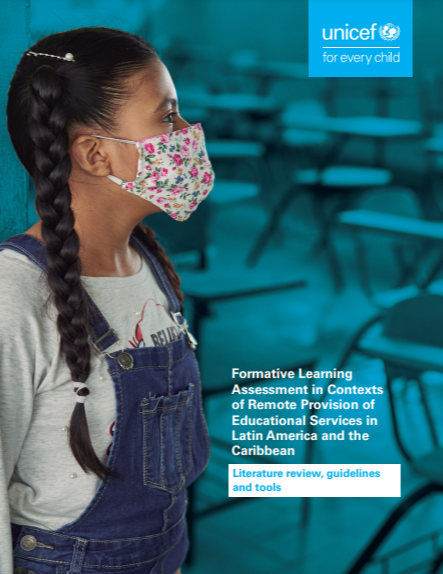
Introductory
Overview MELQO (Measuring Early Learning Quality and Outcomes)
2017
Overview MELQO (Measuring Early Learning Quality and Outcomes)
2017
Overview MELQO (Measuring Early Learning Quality and Outcomes)
MORE DOCUMENTS
-
ResourcesContent Type: DocumentsCreated: 2021
-
ResourcesContent Type: DocumentsCreated:
-
ResourcesContent Type: DocumentsCreated: 2021




